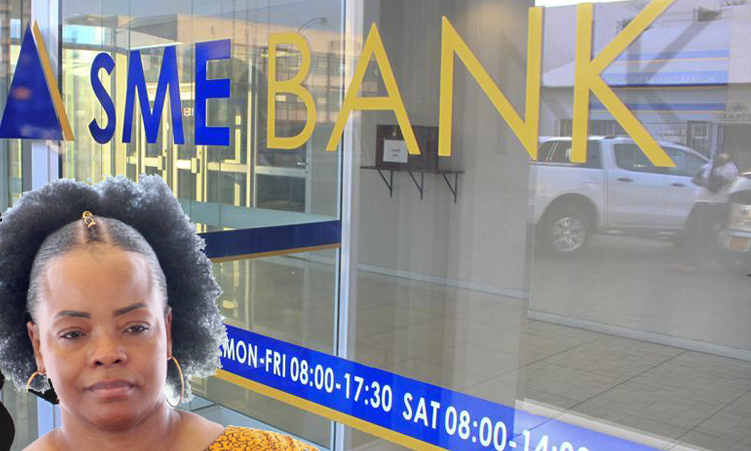In a Rolling Stone article titled ‘Why Isn’t Wall Street in Jail’, American journalist Matt Taibbi says financial crimes are an intellectual choice, made by people who are already rich and who have every conceivable social advantage.
He says they act on a simple calculation: “Let’s steal whatever we can, then dare the victims to find the juice to reclaim their money.”
In essence, this resonates with the systematic looting at the SME Bank by Zimbabwean businessman Enoch Kamushinda and his Namibian cronies that resulted in the theft of N$247 million of public savings.
This week, The Namibian reported that businesswoman Tania Hangula agreed to repay N$4 million of the N$6,6 million she obtained from the now-defunct bank as part of consultancy work later deemed questionable by liquidators.
She was among those accused of improperly benefiting from a government bank set up to assist small businesses.
Hangula received N$6,6 million from the bank between 2015 and 2019 – some of which she used to buy a beach property, a Mercedes-Benz and to fund trips to Dubai and elsewhere.
She has for years played hide-and-seek with liquidators. It was only after 5 February this year that she started negotiating a settlement.
The agreement, dated 8 March 2024, states that Hangula has agreed to refund the bank in instalments from September this year to 2029.
While it’s commendable that she is paying back some of the money, there is a dangerous message about the fight against fraud.
The arrangement to repay sounds like a person who took out a N$6,6 million loan in 2015, waited for nine years and agreed to repay N$4 million for six years without interest.
Financial experts would say the money’s time value has increased because of inflation and lost investment opportunities.
For context, Hangula is not the only one pressured to repay money to the SME Bank. Others include former directors and business people accused of either allowing the looting or benefiting from the bank.
The big question is, as young people would say, “what must can happen?” Are the SME Bank suspects going to walk free and be afforded the licence to do the same in future?
The looted money belonged to the most financially vulnerable – people such as domestic workers, gardeners, vendors, the self-employed, office cleaners and clerks, among others, who earn meagre incomes and deposited their salaries into their SME Bank accounts.
Since the bank’s closure, it must have been hell on earth for them. The only justice for them is to hold the culprits accountable and to send a strong message that stealing, in whatever form, is a crime.
Stay informed with The Namibian – your source for credible journalism. Get in-depth reporting and opinions for
only N$85 a month. Invest in journalism, invest in democracy –
Subscribe Now!






